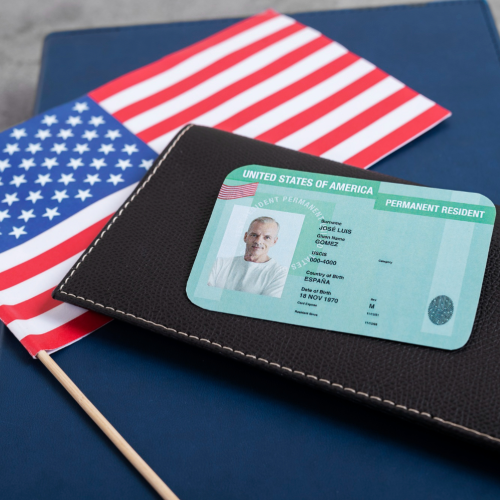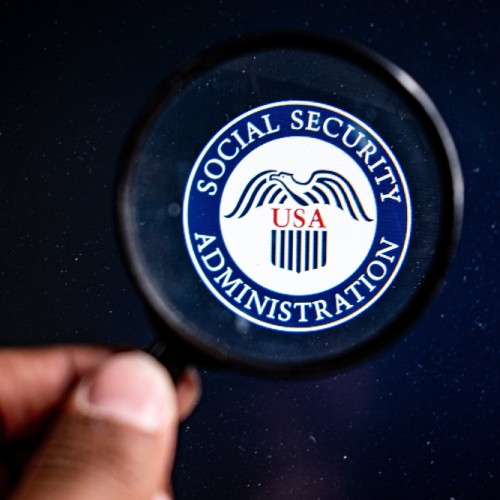Paying off a loan ahead of schedule might seem, at first glance, like a smart financial move. After all, you get rid of a debt sooner, save on interest, and free up your budget for other goals. However, the impact of this action on your credit score might not be as straightforward as it appears.
Depending on the type of loan, your credit history, and how the payoff is reported, it could temporarily affect your score, even if your overall financial health improves in the long run. That’s why it’s important to weigh this decision carefully.
So, Does Paying Off A Loan Early Hurt Your Credit?
The answer is: it can, but not always in a significant or lasting way. The U.S. credit system works in a complex manner, and scores are based on factors such as payment history, credit utilization, credit mix, and the length of credit history. When you pay off a loan early, two main effects can occur:
Loss of active credit history: When you close a credit account (such as an auto loan or personal loan), you reduce the number of open and active accounts. This can decrease your “credit mix” and, in some cases, slightly lower your score.
Change in average account age: The average age of all your open accounts is a factor in your score calculation. Paying off a loan before its term can lower that average.
In most cases, the impact is minor and temporary. Your positive payment history will remain on your credit report for years, even after the loan is paid off. Plus, for lenders, having no outstanding debt can indicate stronger repayment capacity.
What Means Paying Off And How To Do It
Paying off a loan means settling the total outstanding balance of a loan before the date set in the contract. This can happen for different reasons: receiving a work bonus, selling an asset, reorganizing finances, or simply wanting to eliminate debt.
The process usually involves:
- Checking the payoff amount: You request from your lender the exact figure needed to pay off the loan by a specific date. This amount includes interest accrued up to the payment day and, in some cases, early payoff fees.
- Reviewing prepayment clauses: Some loans, especially auto loans and mortgages, may have prepayment penalties, which are fees for paying before the agreed term. It’s essential to check if this applies to your situation.
- Choosing the payment method: Payment can be made via bank transfer, certified check, or directly through the lender’s website.
- Obtaining payoff confirmation: Always request documentation confirming the debt is fully paid and that the account will be closed.
Tips To Avoid Negatively Impacting Your Credit Score
If your goal is to pay off a loan and still keep your credit score strong, a few strategies can help:
- Keep other credit lines active: If you have only one loan and close it, your “credit mix” may drop. Keeping credit cards open and well-managed helps balance this factor.
- Continue using credit responsibly: After paying off the loan, make small purchases with your credit cards and pay the balance in full each month. This keeps your history active and healthy.
- Avoid closing multiple accounts at once: If possible, avoid paying off or closing several credit lines in a short period, as this can have a negative impact on your score.
- Check your credit report: After payment, verify that the loan is listed as “paid in full” and free of errors. Inaccuracies can hurt your score.
When It Makes Sense To Pay Off A Loan Early
In many cases, paying off a loan early is a smart choice, even if it causes a small, temporary dip in your credit score. It’s worth considering when:
- The loan’s interest rates are high, and the cost of keeping it outweighs the benefit of maintaining the account open.
- You already have a solid credit history with multiple active, healthy accounts.
- Financial stability is a priority, and eliminating debt brings more security than keeping a slightly higher score.
- There are no penalty clauses that cancel out the financial benefit of paying early.
Alternatives To Full Early Repayment
On the other hand, if you want to reduce interest and your balance but are concerned about the impact on your score, there are alternatives:
- Partial extra payments: Instead of paying off the loan all at once, making additional payments toward the principal reduces the balance and total interest paid without closing the account right away.
- Refinancing: Replacing your current loan with one that has a lower interest rate can lower total costs without ending your credit history.
- Shortening the term: In some cases, you can renegotiate for a shorter term, reducing interest while keeping the account open longer.
Final Thoughts
In practice, paying off a loan early is not inherently bad. While it can cause a slight, temporary dip in your credit score due to the early closure of the account, the benefits often outweigh this downside.
The key is to consider the impact in the broader context of your finances, keep other credit accounts active, and ensure your history remains positive. Also, take into account your financial well-being and review your loan’s terms to avoid any unintended setbacks.
All information in this and other BOISLA articles is subject to change over time. Please check for updates directly with the institutions and companies mentioned. Approval is subject to the institution’s review.
REFERENCES:
Read more about finances in https://boisla.com/category/blog/





